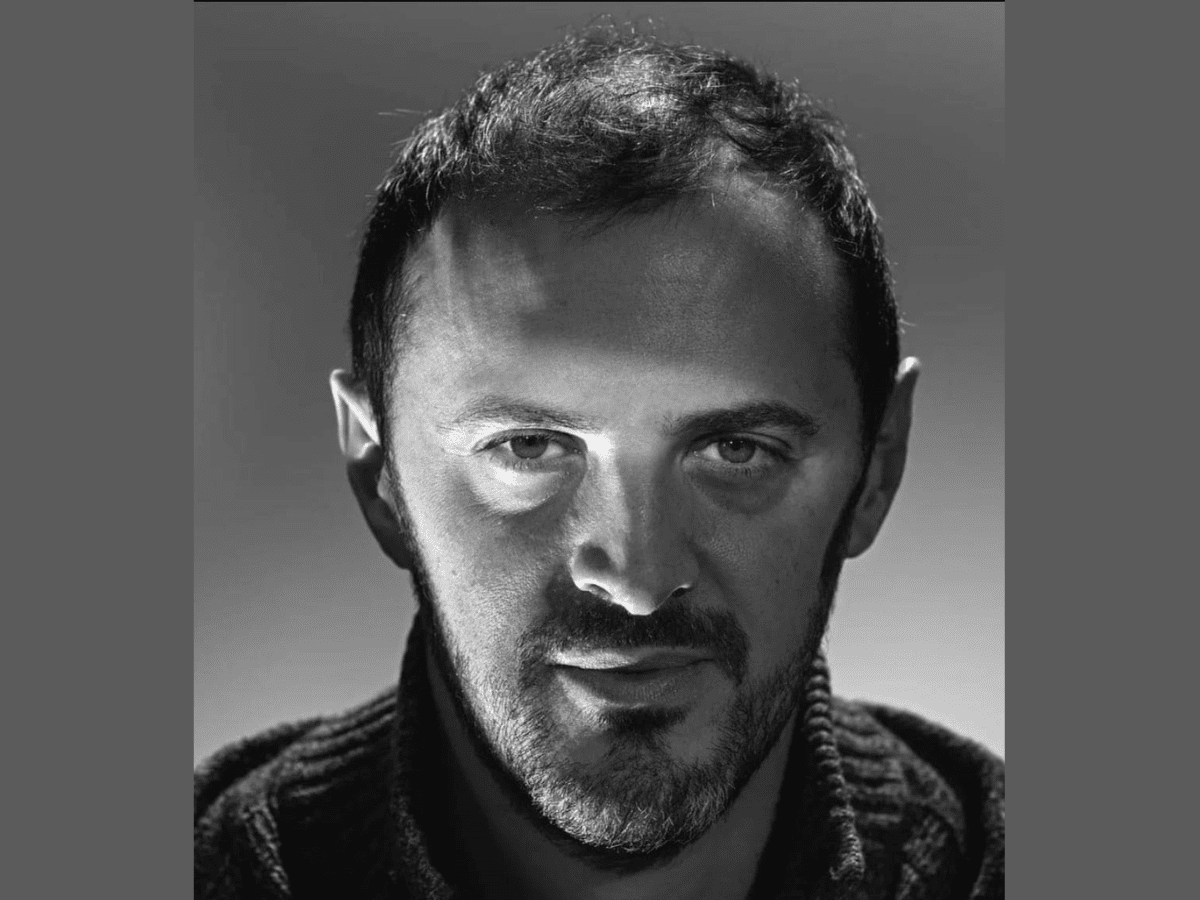
New Delhi: Nathan Anderson, the founder of Hindenburg Research whose damning report led to a USD 100 billion-plus rout in Adani Group shares, has said that his firm has never been banned, its bank account never seized and that it is not under any investigation.
Since it published a scathing 100-plus-page report alleging that Adani pulled “the largest con in corporate history” on January 24, there have been comments on social media that Hindenburg had “three criminal inquiries” in the US and that it was banned by the Financial Industry Regulatory Authority (FINRA), its bank accounts frozen and it has been barred from publishing any report on firms listed on the New York Stock Exchange.
Anderson, in a tweet, attached a news report “debunking” such “lies” and said Hindenburg was neither banned nor is under any investigation.
“We are banned by FINRA (never); Had bank accounts seized (no); Can’t publish on NYSE-listed co’s (this isn’t a thing); Are under investigation (no),” he said.
Hindenburg, which was founded by Nathan (Nate) Anderson — an activist short seller — in 2017, in the January 24 report alleged Adani Group had “engaged in a brazen stock manipulation and accounting fraud scheme over the course of decades”.
The group responded by calling the report “malicious”, “baseless” and a “calculated attack on India”. It called Hindenburg the “Madoffs of Manhattan”, referring to the late financier and fraudster Bernie Madoff.
It warned of legal action against the short seller, to which Hindenburg has replied that it will welcome any action and will demand documents in the legal discovery process.
Despite the Adani Group’s pushback efforts, Hindenburg’s accusations seemed to have rattled investors, with shares of listed firms of the conglomerate losing over USD 100 billion in value.
The group’s founder and chairman Gautam Adani, whose wealth surged by USD 44 billion in 2022 when many billionaires saw their fortunes shrink, has slipped from being the world’s third richest man to being ranked 21st now.
Credit Suisse has reportedly stopped accepting Adani bonds as collateral, and credit ratings agency S&P has downgraded its credit outlook on two of the group companies.
Adani and his family have said they will prepay a USD 1.1 billion loan backed by his companies’ shares in an effort to boost confidence.
Finance Minister Nirmala Sitharaman last week stated that the macro-economic fundamentals and the country’s image have not been affected by the Adani Group crisis.
Regulators RBI and SEBI too have issued statements in a bid to calm the market. While the Securities and Exchange Board of India (SEBI) issued a statement underlining its surveillance measures, the Reserve Bank of India (RBI) said the sector remains resilient and stable.
Hindenburg engages in activist short selling, which involves selling borrowed stocks in hopes of buying them back at a lower price later. If prices fall expectedly, short sellers make a killing.
Its past targets included Lordstown Motors Corp (US), Kandi (China), Nikola Motor Company (US), Clover Health (US) and Tecnoglass (Colombia).
Hindenburg had also posted about Welltower Inc, an NYSE-listed company, on December 7, 2022, less than two months before the Adani report was released.
